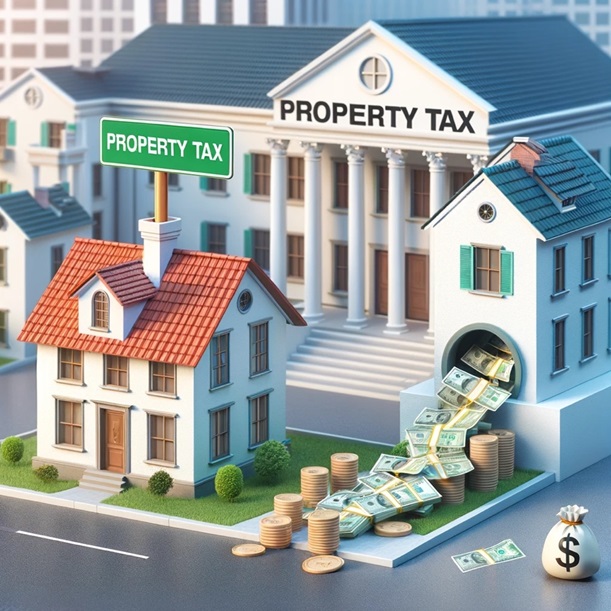Will I have to pay taxes on Dubai property if I am resident abroad?


When it comes to owning property in Dubai, the tax implications can differ based on whether the property is residential or commercial, and also on your residency status. If you are a resident living outside of the UAE, the tax obligations you face regarding property ownership in Dubai are particularly favorable in comparison to many other countries.
For residential properties in Dubai, such as your own home, student housing, or employee accommodation, the tax situation is quite straightforward. These types of properties are considered residential and are exempt from Value Added Tax (VAT). This means that if you own a residential property in Dubai and you live abroad, you do not have to pay VAT on your property. This exemption applies irrespective of whether the property is rented out or if it’s kept for personal use. The aim here is to encourage investment and make it easier for expatriates to own property in Dubai.
However, the scenario changes when it comes to commercial properties. If you own a commercial property in Dubai, such as office spaces, retail units, or any property that is used for business purposes, a VAT of 5% is applicable. This is a part of the UAE’s VAT legislation that was introduced in January 2018. The tax is applied to the supply of goods and services in the UAE, including commercial real estate transactions. Therefore, if you’re a non-resident who owns commercial property in Dubai, you are subject to this VAT.
It’s also important to note that while there might not be VAT on residential properties, other charges and fees could be applicable, such as service charges for the maintenance of common areas in residential buildings or communities. These are not taxes but are costs associated with the upkeep of the property.
In summary, as a non-resident property owner in Dubai, you enjoy a tax-exempt status on residential properties, making it a tax-friendly environment for investors and second-home buyers. For commercial property owners, the 5% VAT applies, aligning with the UAE’s broader tax framework aimed at diversifying the economy away from oil reliance. Always consider consulting with a tax advisor or legal expert to get the most current and personalized advice regarding your specific situation.
For more info please see the webpage of the UAE tax authority: https://tax.gov.ae/en/
Previous Question
Can I get a residency visa when buying a property in Dubai?
Next Question
Can I get a residency visa when buying a property in Dubai?
Previous Question
Can I get a residency visa when buying a property in Dubai?
Next Question
Can I get a residency visa when buying a property in Dubai?
Disclaimer:
Please read this disclaimer carefully before using the information presented in the blog texts of our website.
The content provided in the blog texts on this website is for informational purposes only and is not intended to constitute professional advice in any way. We endeavor to provide content that is current and accurate; however, we do not warrant or guarantee the timeliness, accuracy, or completeness of the information provided.
The information available through the blog texts may become outdated over time. We are under no obligation to update any content or to reflect any changes, developments, or updates. The website and its content are provided on an “as is” basis without any warranties of any kind.
By using this website and its content, you acknowledge that you are doing so solely at your own risk. We shall not be liable for any reliance by you on any information obtained from this website, nor will we be liable for any direct, indirect, incidental, consequential, or punitive damages arising out of your access to, use of, or inability to use this website, or any errors or omissions in its content.
This disclaimer applies to the fullest extent permitted by law, and shall survive any termination or expiration of this agreement or your use of this website or its content.
Remember, the information and content provided in our blog texts are not intended to be and should not be construed as financial, legal, or any other type of professional advice. Always seek the advice of an appropriate professional with any questions you may have regarding a particular situation or condition.
By continuing to use this website and reading its blog texts, you agree to be bound by the terms of this disclaimer. If you do not agree with the terms of this disclaimer, please do not use our website or read its blog texts.


